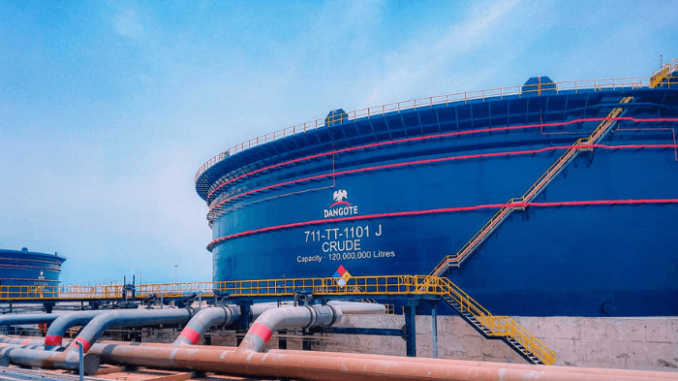
On Monday, Nigeria’s state oil company, NNPC Ltd, raised petrol prices by 11%, marking the second price hike in two weeks. This increase came shortly after the company began purchasing fuel from the Dangote refinery located near Lagos. Nigeria hopes the new 650,000 barrels-per-day refinery will end its long-standing dependence on imported gasoline, a situation that had persisted for years due to government subsidies. President Bola Tinubu initiated the removal of these subsidies after taking office last year.
Fuel costs remain a sensitive issue in Nigeria, where many households and businesses rely on gasoline-powered generators due to unreliable electricity. The latest price increase saw petrol rise from 858 naira per liter to 950 naira in Lagos, with prices reaching as high as 1,019 naira in northeastern regions. NNPC stated that it was purchasing fuel from Dangote in U.S. dollars, with plans to shift to a local currency arrangement in the future.
This development has sparked public frustration, as Nigeria is already grappling with high inflation rates, currently at 33.4%. The increase in fuel costs is expected to further strain transportation expenses and exacerbate the cost-of-living crisis that led to widespread protests earlier this year. From October, NNPC plans to supply 385,000 barrels of crude per day to the Dangote refinery, paid for in local currency, with the refinery selling fuel in naira.
